The Real Story of the Trojan War: In ancient times the Greeks before Christians had no Bible equivalent or anything like that. If there was anything nearest to the Bible, it was Homer.
Homer is considered the author of two great Greek works, the Iliad and the Odyssey. These epics, written in six-word lines, have had a profound influence on global culture.
It would not be an exaggeration to call them the pillars of European and Greek literature. At least seven Greek cities call Homer their son, but who was Homer really? In what period as he and for whom did he write his compositions?
The Greeks also suspect Homer of a lack of evidence. Determining the period and theme of these epics is a matter which has been disputed.
Ancient Greeks believed that the Trojan War took place from 1194 to 1184 BC. Many modern historians have also accepted this period. Historians also believe that Homer may have lived in the eighth century BC.
The Real Story of the Trojan War: Truth of Troy
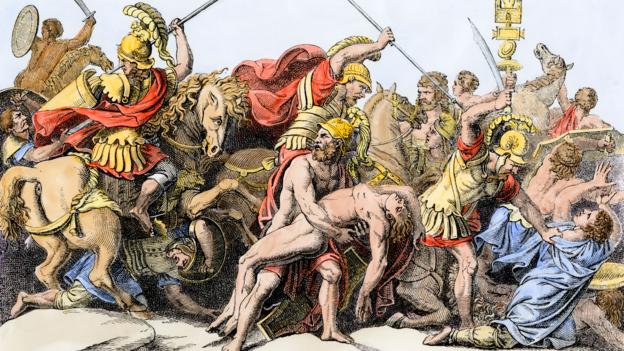
There are two things that all the ancient Greeks have accepted – the first Homer is the author of both these epics, and second, the war of Trojans actually took place.
But in the light of the facts revealed in the archaeological, historical, and linguistic investigations of recent times, there is a need to re-analyze these assumptions.
The Real Story of the Trojan War: What is history
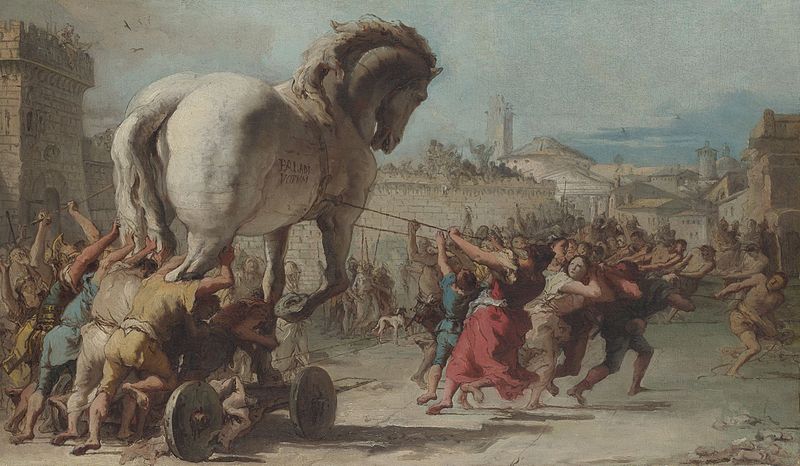
The stories told in the Iliad, and the Odyssey is incomparable, and that is why these stories are told even today. The Greeks believe that these are traditional stories that have been passed on from generation to generation, first in oral and then in writing.
The talents of the writer are in the selection of characters from the hundreds of traditional stories of the ‘golden age of greats’ that have been heard from generation to generation for many centuries.
Homer focused on just two characters. These are analysis and analysis (also called Odysseus). Iliad has the anger of Ekkelis who is depicted in a duel with Troy’s defending champion, Hector.
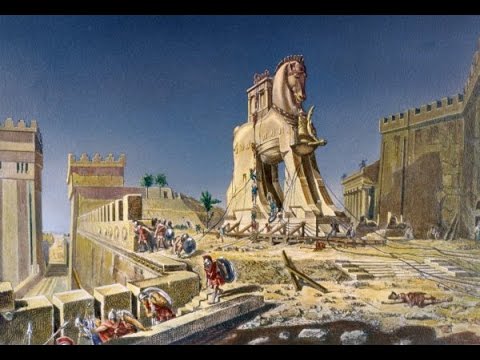
The Odyssey has the story of the hero’s journey and his poignant agony as he struggles to return to his ancestral Ithaca empire from Troy. But what exactly were Akilis and Ulysses doing in Troy? Was there really a Trojan War as depicted in these epics?
The original assumptions of Troy’s history were questioned long before by critics.
According to the sixth-century BC Sicilian-Greek poet Stasicorus, Queen Helena of Sparta, who according to the epics took the besieged abducted prince Paris to Troy, was actually in Egypt during the Trojan War and took only one image of her soul.
Troy was gone According to the version of Stasicorus; the Greeks had fought for the picture of their queen or where to fight for the mirage or ghost image.
The Real Story of the Trojan War: What does Herodotus say
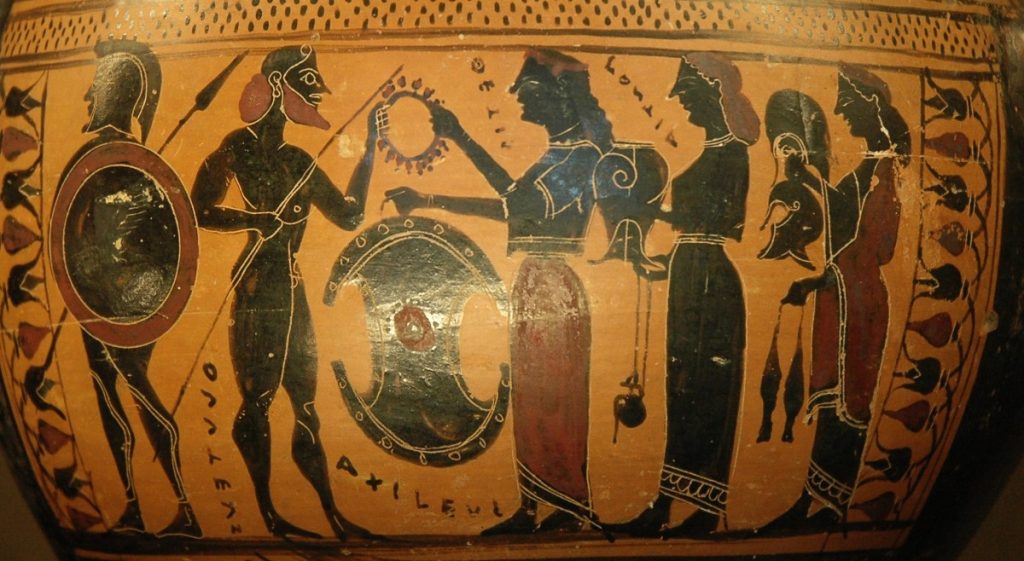
The fifth-century BC historian Herodotus presents a different version of this story, in which he agrees with Stasicorus that Helena was not kidnapped.
However, he believes that Helena had left her husband Menelaus of Sparta and that she had volunteered with Troy’s lover. This theory was embarrassing, but it did not question the historicity of war in the least. But was this how it happened?
Heinrich Schliemann, a 19th-century Prussian nobleman, and modernist businessman, has no doubt of this. He believed that Homer was not only a great poet but also a great historian and to prove this; he decided to excavate the historical places mentioned in the epic.
He excavated Mycena, the capital of the Agamenon Empire, and apparently Troy. For his discovery, Schliemann followed only the signs left by the ancient Greeks.
It was unfortunate that he made many serious mistakes in Hisarlik, in today’s southwestern Turkey, and became the reason for the archaeological mistake.
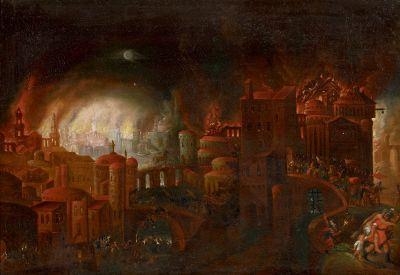
German and American scientists had to clean the place several times. Many experts believe that the then Troy may have been around today’s Hisarlik.
Much of this area has now been excavated, and there is no doubt that this high place was fortified strongly and was a large city growing downstream in its time (13th to 12th century BC).
It must have been an important place. But experts have not been able to decide which layer of excavated space belongs to Homer’s era. The reason for this is that there is no or little or no archaeological evidence of the presence of the Greeks here, as Homer pointed out in his epic.
The war of the Greeks lasted ten years. There is no evidence or traces of even such a big war. For all the skeptical people who doubt only the basic truth of the Trojan War is a myth, all of this is very disturbing.
Role of disasters
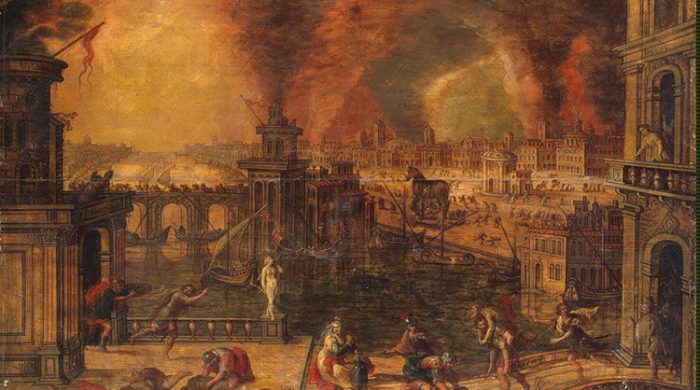
Did the Greeks after the Trojan Wars have any valid reason for fabricating such a story? Comparative social and historical research of these epics as a genre of community literature points to two relevant things.
The first is that fiction is pre-conceived in narratives such as the Iliad and the second is that defeat in the sacred realm of the epics can be transformed into victory and coined victory.
It is an established fact that around the 12th century BC, a number of disasters occurred during this period in eastern Greece near the Mediterranean Sea.
Cities and forts collapsed in these disasters, the population dwindled, people moved around on a large scale, and cultures ended.
We certainly do not know how these disasters came or who was behind them. However, we can identify their economic, social, political, and psychological negative effects.
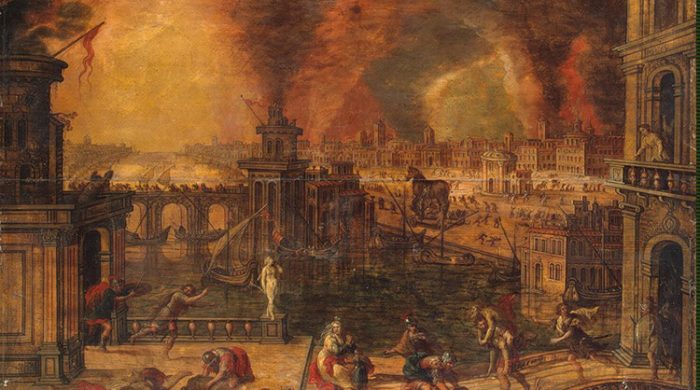
These disasters were followed by a dark period that lasted for four centuries in many areas and ended only in the Renaissance period of the eighth century BCE.
This was the period when the Greeks learned to rewrite, developed a new script, and started trading with their eastern neighbors. This was the time when the population increased, and the primary perceptions of citizenship were strengthened.
The Greeks began migrating from the central coasts of the Aegean Sea to remote eastern and western areas. Here we understand the reason for the inspiration to create or produce the myth of the Trojan War.
What was needed was to create an ancient golden age in which the Greeks, under the leadership of their great king, could land a fleet of thousands of ships in the ocean and who had destroyed a foreign city by abducting their most important and prestigious woman.
Hittite record

Meanwhile, a great scientific achievement of recent times is that we have read the hieroglyphs and epigraphic scripts of the Hittite empire. Until the so-called Trojan War, Asia Minor or much of West Asia, including present-day Turkey, was part of the Hittite Empire.
The names of both places and the names of Greek-like individuals have been found in Hittite records. These include the name of the city of Villa which is pronounced like ‘Ilian’ (this is the Greek word for Troy and the Iliad is derived from it).
However, despite all the linguistic similarities the Hittite records discovered and published so far have not found anything that indicates Homer’s stated Trojan War.
Similarly, there is evidence in these records that diplomatically women were exchanged between great powers in the Middle East of that period. However, no woman named Helena has been found in these records yet.
Trojan War Myth or Reality?
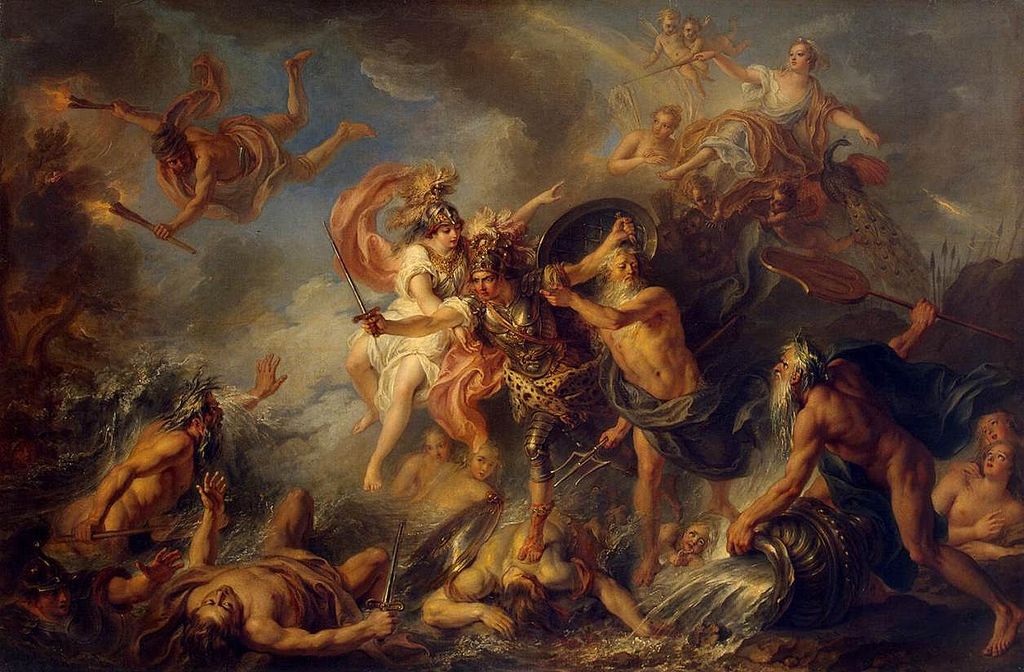
We have reasons to doubt the claims of these epics of the Homer period to be historical documents and to doubt the idea that these epics depict reliable historical preceding periods.
The slavery problem is an example. Although these epics of Homer mention slavery, their authors (or authors) had no idea of the slavery that existed in the 12th-century BCE Mycenaean palaces or great economies.
He believed that a great king had about 50 slaves which was a decent number, but in fact, the Bronze Age Aegean had thousands of bonded slaves.
This error in numbers raises questions about the historicity of these epics. In short, it can be said that the world of Homer is immortal, certainly because it was never outside the epics, in the oral tradition nor in the editions that followed.

Thank God that if the ancient Greeks had no faith in the Trojan War, we would not have got the genre of tragic drama. It is the most inspiring and incomparable discovery of the Greeks, which continues to delight, warn and guide us even today. (The great Ethan playwright Aeschylus is said to have called his plays the remaining flowers of Homer’s vase). Homer is a whole world in which we get to see all the images of human emotions (good and bad). Without it, we would all be poorer today, artistically, culturally, and spiritually.
Homer is alive and alive forever, but the Trojan War? Probably he is lost somewhere.
Table of Contents





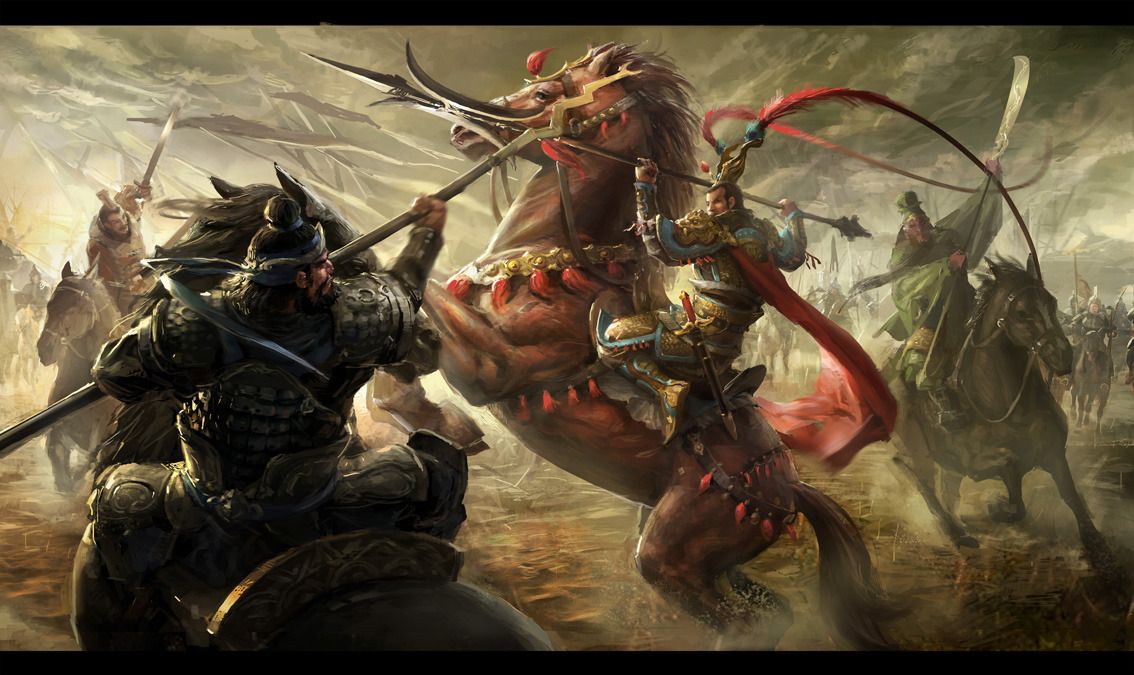

Add Comment